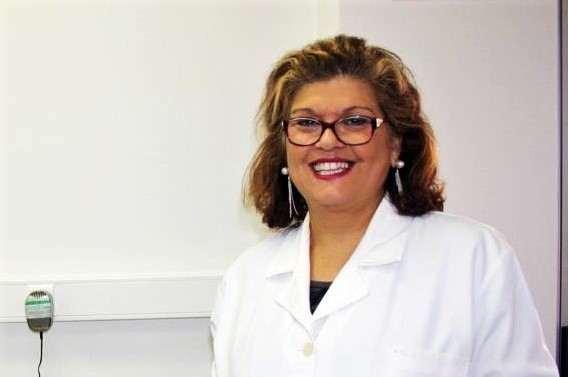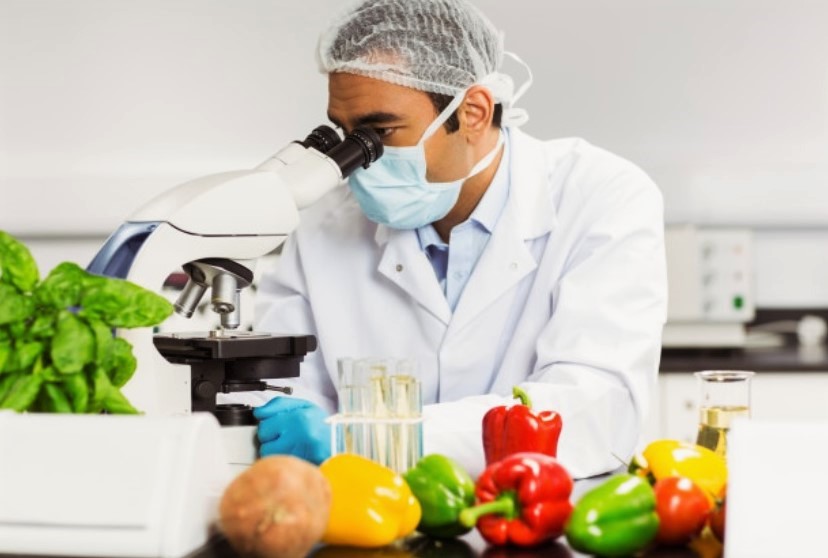"At this moment, there is already a lot of talk about the great question that hangs over humanity: will we be able to have food available for everyone around 2050?" This will be one of the main topics debated at CIBIA – XII Ibero-American Congress of Food Engineering, to be held from 1 to 4 July, at the Superior Institute of Engineering of the University of Algarve, at Campus da Penha, in Faro.
With the motto “Challenging Food Engineering as a Driver Towards Sustainable Food Processing“, the CIBIA 2019 will be the first congress held after the Ibero-American Society of Food Engineering (SIBIA) was formally presented, in October 2017, in Valparaíso (Chile).
In an interview with Sul Informação, professor Margarida Vieira, president of the organizing committee of CIBIA, said that this will be a congress «with an eye on the future» that will address this great unknown of the possible lack of food.
“Due to this problem, people began to talk about food sustainability and this congress had to address this issue perforce,” he explained.
The main topics under debate will also be related to the study of new processes for the conservation of sustainable foods, which involve less energy and less heat, and less affect their physicochemical, nutritional and sensory properties.
Examples of these new processes are high pressure, processing by electrical impulses or even active packaging and the sustainable development of new foods, especially based on the recovery of waste from the food industry, with the objective of achieving "waste of zero foods”.
"Last year there was a lot of talk about this, as it was the year of Waste Zero, and we have to try to move in that direction," Professor Margarida Vieira told our newspaper.
In this equation, the role of the food industry is also important. «We have to teach her to produce food with more and more quality, preserving with processes that do not negatively affect the health of the consumer and using food as a promoter of our health», he said.
“It also benefits from conservation processes that extend the shelf life of fresh food. The increase in knowledge in the food area can be used for the development of innovative foods adapted to consumers with specific food needs”, he added.

About 400 participants and the most important experts in the field of Food Engineering in the Ibero-American world are expected for this initiative. The initiative will have several plenary lessons.
Four of the guest speakers are Portuguese: Isabel Ferreira (Polytechnic Institute of Bragança), Ondina Afonso (Sonae), António Vicente (University of Minho) and Jorge Saraiva (University of Aveiro).
The others are José María Lagaron (Polytechnic University of Valencia), António Valero Dias (University of Córdoba), José Aguilera (Pontifical Catholic University, Chile), Gustavo Barbosa-Cánovas (University of Washington State) and Paul Singh (University of California) .
The existence of 112 oral communications and 380 panel communications is expected (posters). Prizes will be awarded to the two best oral and panel communications.
The authors of the best papers will be invited to publish their work in international peer-reviewed publications such as the Food Engineering Series: Journal of Food Process Engineering and the Journal of Food Engineering.
Over the four days of the event, there will also be an opportunity for participants to interact, communicate and establish partnerships that allow for the development of knowledge.
In turn, the team from the Department of Food Engineering at the University of Algarve will take the opportunity to make known what is done in this area of study.
The conference will also include a workshop guided by the Order of Engineers on the importance of professional associations in the exercise of Food Engineering in the Ibero-American world.
This congress has, in the view of Professor Margarida Vieira, another power.
“We hope that it will arouse the interest of young people in this field of engineering. We need more people to study Food Engineering in our country. Of these, there will then be a percentage that will work in the food industry and others that will remain in universities and research centers to produce knowledge, crucial for the development of the food industry, which is the second largest in Portugal taking into account the volume of business generated» , concluded.



















Comments